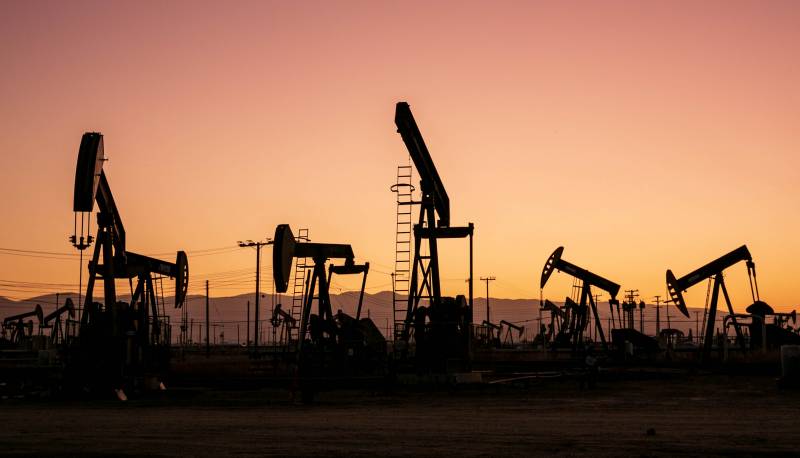He is calling on Gov. Newsom to stop issuing approvals for new oil and gas wells and for fracking, institute a buffer between wells and communities and commit to a plan to phase out oil and gas production while transitioning oil workers to green jobs.
“Oil production pollutes the air we breathe and the water we drink,” Kretzmann said, adding that research has shown higher rates of preterm births and low birth weights associated with pregnant women who live near oil and gas wells.
“These harms fall disproportionately on communities of color and low-income communities, who already suffer from higher exposure to industry pollution,” he said.
Kretzmann does not see room for a compromise, though.
“Trying to reach a grand bargain with the oil industry responsible for climate change is a fool’s errand,” he said. “It is time politicians stop pretending to look to Big Oil for solutions. These companies are simply not interested in doing anything other than lining their pockets.”
How to Reach a Deal
But one expert on oil politics says there is hope for a compromise.
A deal on wide-ranging petroleum drilling limits should focus on helping older petroleum workers “retire with dignity” and younger workers transition to new jobs, according to Matto Mildenberger, an assistant professor of political science at UC Santa Barbara.
“The key here will be to split labor and business,” said Mildenberger, who wrote the book, “Carbon Captured: How Business and Labor Control Climate Politics.”
“Negotiations with the fossil fuel industry itself will be less productive,” he said.
Key to that strategy will be putting in place a “just transition,” a term used to describe a fair way of transitioning oil workers into a green energy economy.
But Hunter, from the construction union, dismisses that idea.
“We want to stop hearing about the green jobs they are going to create for blue collars as ‘compromise,'” he said.
“No one should lose their job because the politics of the day kills an industry before we have the technology to create enough energy in alternate ways.”

